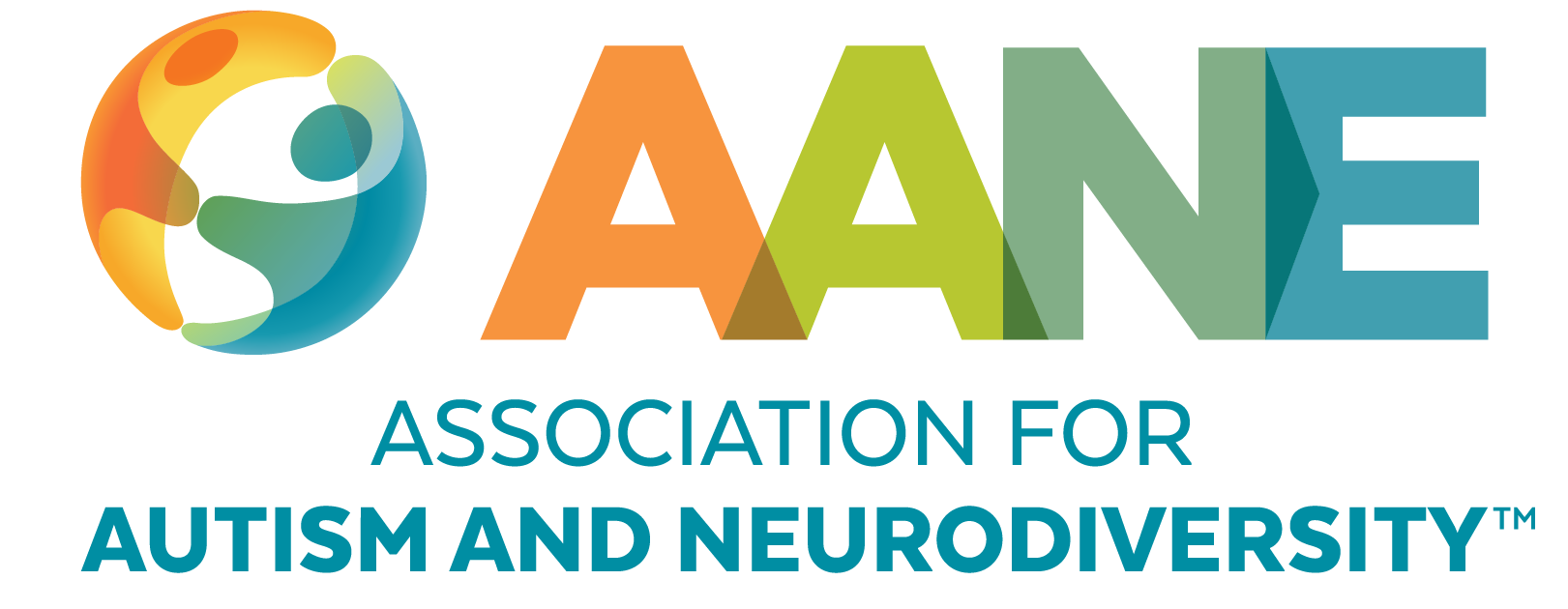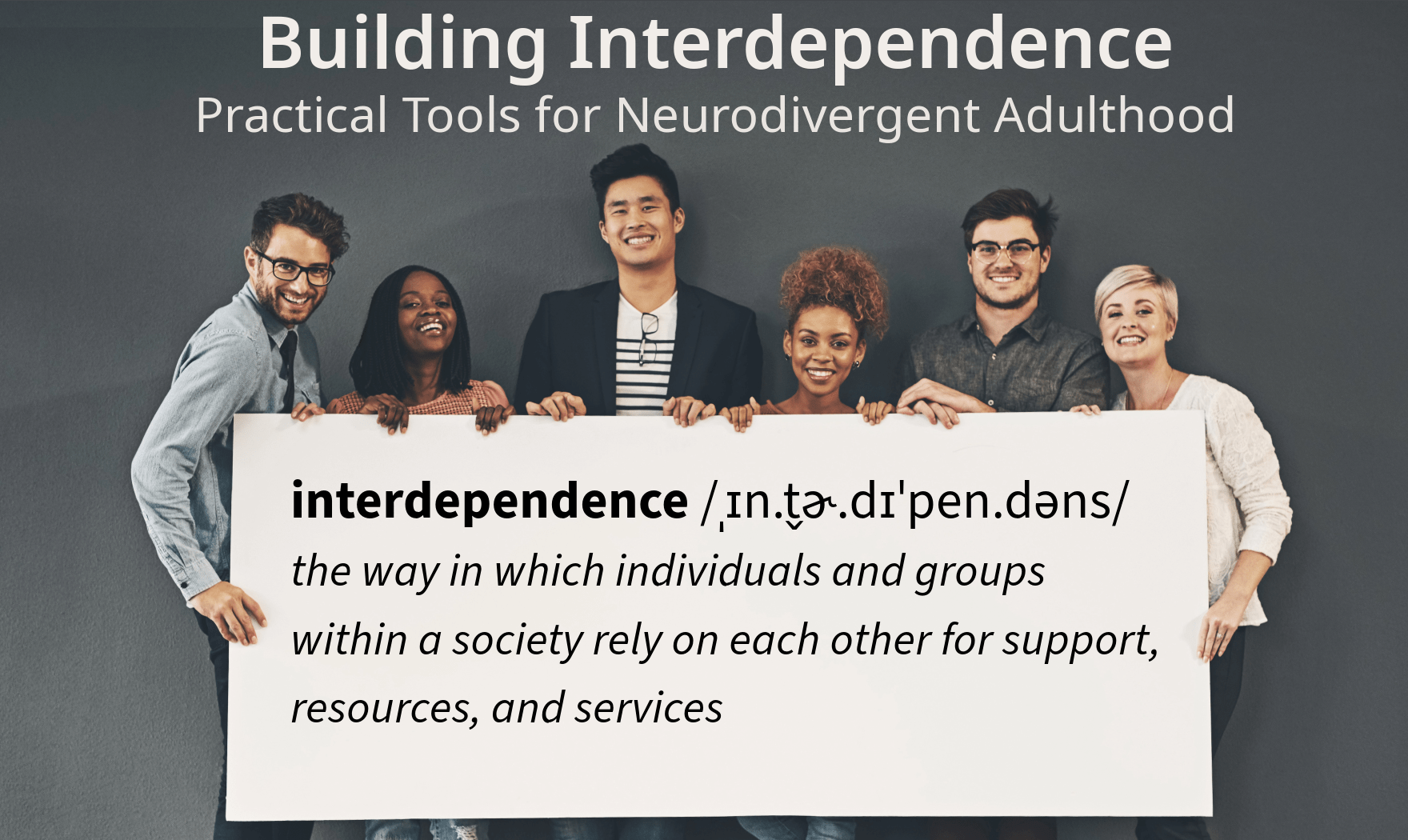
Reimagining Healthcare for Autistic People: Everything is Connected to Everything
About the Author
Dr. Mel Houser (she/they) is an Autistic family physician with a clinical focus on providing primary care for neurodivergent patients across the lifespan. She is the Founder and Executive Director of All Brains Belong VT, a nonprofit 501(c)(3) community health organization in Montpelier, Vermont that provides neurodiversity-affirming healthcare, education, and social connection opportunities for kids and adults. At age 37, Dr. Houser was diagnosed as Autistic, ADHD, dyspraxic, dyslexic, and dyscalculic. She is also the parent of an Autistic 5 year old, who is her guru of so many keys to the universe. Learn more by listening to Dr. Houser’s interview on Uniquely Human: The Podcast.
Contact: Instagram // Twitter // Facebook // LinkedIn // YouTube

The Status Quo of Healthcare is Unacceptable
I am an Autistic physician who spends my day supporting Autistic people whose needs have gone unmet by the traditional healthcare system, often for decades. After spending years watching the healthcare system (and all the other broken systems in our society) thwart my patients and harm their health, it was clear to me that healthcare for Autistic people needed reimagining.
When I learned that the average life expectancy for an Autistic adult was 36-54 years1,2 – and that this fact was largely unknown by many physicians – I flipped my lid. I was 37 at the time. My Autistic child was then 4 years old. Personally and professionally, this struck me as a critically urgent public health crisis. Why was nobody talking about this?
Reimagining Healthcare for People with All Types of Brains
I knew I needed to do my part to shift the community conversation on neurodiversity and inclusion, so that my child could grow up in a world where none of this was true. You can read my story of founding my nonprofit organization, All Brains Belong VT, in the AANE blog archives. Launched in November 2021, All Brains Belong has a mission to make life better for people with all types of brains, through neurodiversity-affirming healthcare and community connection. We are pioneering a new model for healthcare that integrates medical care with social connection, employment support, and helping people develop a deep understanding of their access needs. We also work with healthcare providers, employers, and community organizations to better understand the needs of people with all types of brains.
After all, “healthcare” is more than medical care. Neurodivergent people often struggle to access critical resources; this includes healthcare, but also education, employment, and social connection. All of these are part of health. Our model at All Brains Belong centers on the premise that to do anything for the neurodivergent community, we have to do everything.
Why do Autistic People Die Prematurely?
Research tells us that the leading causes of death for Autistic people are premature cardiovascular disease and suicide.3 There are a huge number of contributing factors to these. I will only be addressing one piece of the equation, but I invite readers to learn about the work of Autistic Doctors International and the AASPIRE group as examples of cutting edge research on these topics.
Autistic people are commonly afflicted by a constellation of multiple intertwined medical conditions that impact the overwhelming majority of Autistic adults. This grouping includes hypermobility, dysautonomia, mast cell dysfunction, sleep disorders, pain syndromes, and others. In my medical practice, almost all our adult patients present with this pattern. In fact, this is why we internally refer to this grouping of related neuroimmune conditions as “All the Things.”
The healthcare system often gets in the way of clinicians addressing multiple medical problems at a time. Yet by treating these intertwined medical conditions as separate, this may result in a person not getting better. Often the standard medical management of some parts of this cluster make the other parts of the cluster worse.
Everything is Connected to Everything
By zooming out and recognizing that everything is connected to everything, we have seen that this can have significant benefits for patients’ health.
With support from the Organization on Autism Research (OAR) and by the Health Resources and Services Administration (HRSA) of the U.S. Department of Health and Human Services (HHS) under the Autism Intervention Research Network on Physical Health (AIR‐P) grant, All Brains Belong recently released a free resource available to the public. The “Everything is Connected to Everything: Improving the Healthcare of Autistic & ADHD Adults” website consists of tools for patients and primary care clinicians to better identify, understand, communicate about, and manage these intertwined medical problems. This resource was co-created with input from more than 100 Autistic and ADHD members of our community, sharing lived experience. This resource also incorporated input from a task force of multidisciplinary clinicians and was peer-reviewed by physicians who practice in traditional medical settings. At the time of this writing, more than 7,800 people have accessed this resource since August 2023.
What you can access from this site:
- Patient education materials, presented in text, graphics, and video format.
- A pre-recorded webinar we gave last Fall.
- A simple, stand-alone letter to print out and hand to your primary care clinician introducing available resources for clinicians (presented in a format they are used to receiving information).
Folks are also invited to sign up for our newsletter to stay in the loop about future free educational opportunities we’ll be offering later in 2024.
The Path Forward
We believe that it is NOT a foregone conclusion that Autistic people continue to struggle in this world. While many “top down” systems changes would also make an important impact, our approach is systems change from the ground up. By bringing people together to reimagine what’s possible, we chart our path forward with solutions that come from those closest to the problem.
Citations
1. Guan J, Li G. Injury mortality in individuals with autism. American Journal of Public Health. 2017;107(5):791-793.
2. Hirvikoski T, Mittendorfer-Rutz E, Boman M, Larsson H, Lichtenstein P, Bölte S. Premature mortality in autism spectrum disorder. British Journal of Psychiatry. 2016;208(3):232-8.
3. South M, Costa AP, McMorris C. Death by suicide among people with autism: beyond zebrafish. 2021;4(1):e2034018.
Hear more from Dr. Houser from AANE’s Jody Acford Conference from March 8, 2024!
Stay Current
Subscribe for AANE weekly emails, monthly news, updates, and more!






